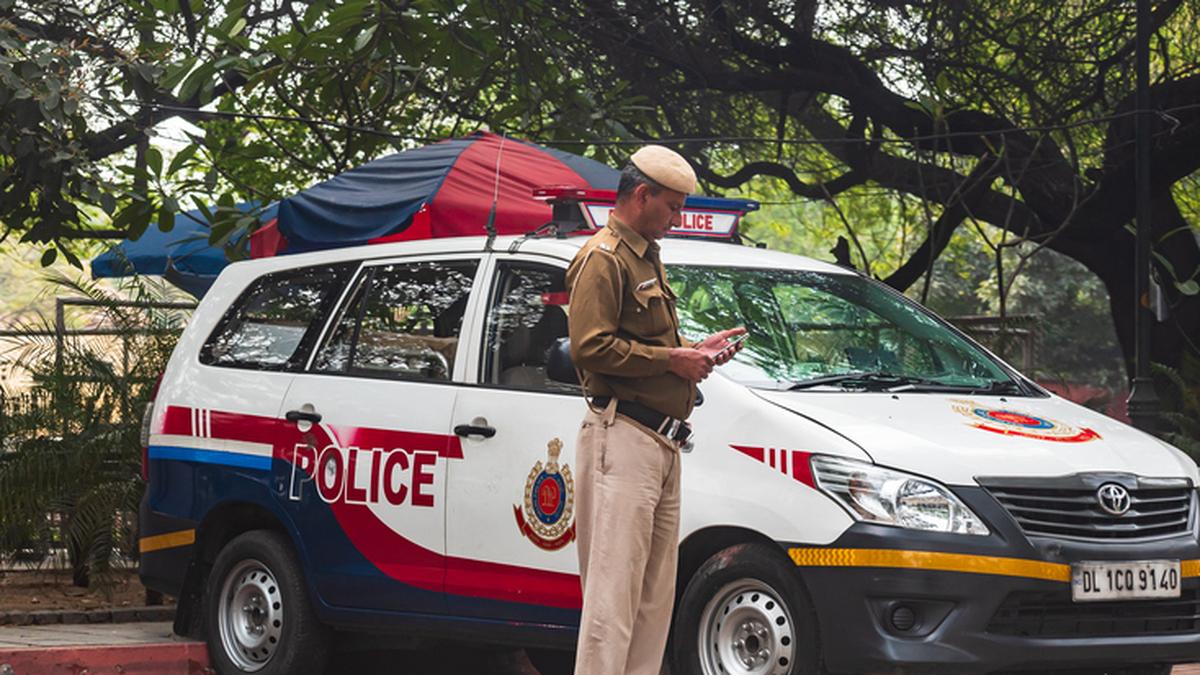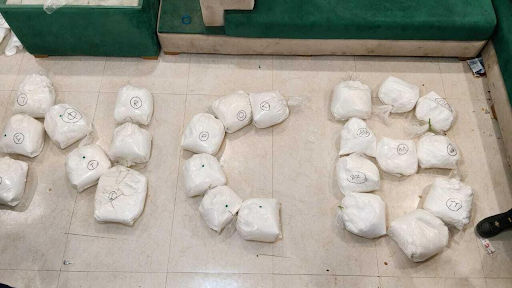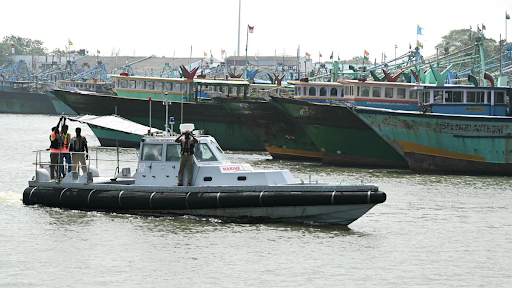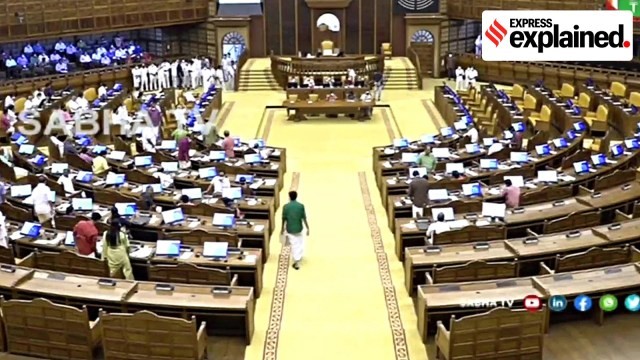Description
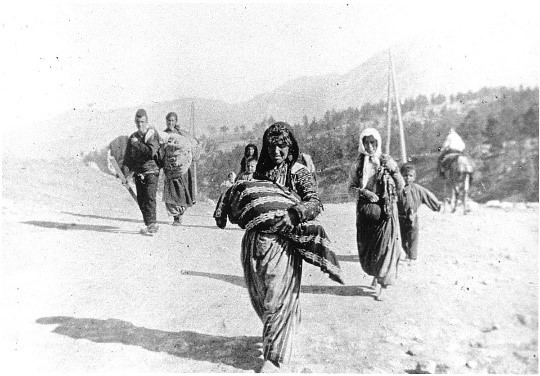
Disclaimer: Copyright infringement not intended.
Context
- Kuki, Hmar and Zomi are allegedly being subjected to “ethnic cleansing” by the majority Meiteis, “aided by the state machinery”, in Manipur.
Ethnic Cleansing
- Ethnic cleansing is the systematic forced removal of ethnic, racial, and religious groups from a given area, with the intent of making a region ethnically homogeneous.
- Along with direct removal, extermination, deportation or population transfer, it also includes indirect methods aimed at forced migration by coercing the victim group to flee and preventing its return, such as murder, rape, and property destruction.
- It constitutes a crime against humanity and may also fall under the Genocide Convention, even as ethnic cleansing has no legal definition under international criminal law.
Examples:
- The most famous examples of ethnic cleansing occurred throughout the 20th century.
- First, the Turkish massacre of Armenians during World War I, followed by the Holocaust during the Second World War.
- The Holocaust is possibly the most horrific example of ethnic cleansing, as the Nazis annihilated around 6 million European Jews. A final example is a forced displacement carried out in the former Yugoslavia and Rwanda during the 1990s.
- A recent example of ethnic cleansing is the Iraq Civil War, that consequently led to the Iraqi insurgency, which began in 2011 and is still happening.
The Role of Nationalism
- Ethnic cleansing identifies with nationalism as the key factor.
- In this proposition, the idea of “territory” has become connected with the cultural and linguistic uniformity of the state. Nationalism thereby becomes a homogenizing element, with national identity as the acid test of belonging.
- Hence, since the inception of the nation-state, there have been waves of ethno-nationalist movements accompanied by mass expulsions and ethnic cleansing.
- After World War I, with the dissolution of the multiethnic Austro-Hungarian, Ottoman, and Russian empires, the principle of ethnonational self-determination guided the creation of several new states that required the transfer of several minority groups.
The Role of Religion
- Many theorists of ethnic cleansing have singled out the ethno-religious factor as paramount.
- In the twentieth century, the partition of India to create two separate states, India and Pakistan, led to extensive ethnic cleansing as millions of Hindus and Muslims were removed from their old communities.
- Following the collapse of Yugoslavia in 1991, the civil wars in Bosnia-Herzegovina, Kosovo, Serbia, and Croatia saw widespread ethnic cleansing with a religious motive.
- In the twenty-first century, religious differences between Muslims and Christians have played a pivotal role in the murder and cleansing that has occurred in Darfur, Sudan. Hence, while the religious variable is rarely the sole motivator, it often offers a justification for economic and political greed.
Economic Factors
- Economic motivations for ethnic cleansing, including the expropriation and looting of property of the victims, have accounted for the forcible displacement of ethno-cultural communities.
- Among the most frequent claims by perpetrators of ethnic cleansing is a demand for equity and rectification in the face of exploitation and unjust gain by the other group.
Political Factors
- Political and strategic explanations have often taken center stage in elucidating ethnic cleansing.
- Included in this category are security and power perspectives.
- Essentially, as a political act of power, ethnic cleansing incorporates multiple motives of a military and strategic nature, as well as political acquisition and consolidation, economic aggrandizement, land settlement, cultural domination, racial discrimination, greed, and jealousy.

Ethnic Cleansing and Violation of Article 21 in India
- Article 21 given in the constitution guarantees the ‘Protection of Life and Personal Liberty’ and it is one of the most important fundamental rights, that no person should be deprived of his life and personal liberty by anyone except according to the procedure established by law.
- Right to life includes the right to live with dignity, health, pollution-free environment
- In case of MANEKA GANDHI V. UNION OF INDIA a seven-judge bench observed that ‘personal liberty’ under article 21 comprises of various rights such as it must be as per the procedure established by law and it must be according to Article 14 which is equality before law and equal protection before the law and within the territory of India it even says that no person is above law and it should not be arbitrary.
- Also in the case of Bandhua Mukti Morcha v. Union of India the Supreme Court of India held that it is the fundamental right of everyone to live with dignity and Article 21 is derived from Article 39, 41 and 42. So, it must include protection for the health of workers, men, women and children against any abuse.
- Article 21 consist of the right to go abroad, right to privacy, right to shelter etc.
- There are many statutory bodies established by the Government of India like autonomous public body National Human Rights Commission of India and under this, there is an act known as Protection of Human Rights Act 1993 and it is responsible for the protection and for giving a recommendation of human rights.
- But the contradictory thing is that ethnic violence contradicts this right given under article 21 because ethnic cleansing is the removal of the particular minority community from a particular geographical area.
- There may be different types of forces which are applied on people like they are forced to leave the place(deported), mass killing, women are raped, men are brutally killed and bloodshed all around which directly violates the fundamental right under Article 21.
Conclusion
- To curtail Ethnic Cleansing, it is important that community worldwide take immediately any motion that relieves the sufferings of the humans who have suffered deeply. This is possible only by comforting them, proactively assisting people who have suffered and giving quick relief.
- Collective moves are needed to surmount political barriers and discover avenues to uphold the spirit of the Universal Declaration of Human Rights to make sure that justice, fairness and equality are clearly for all.
- The natural tendency to self-aggregate can be leveraged for peace if communities are given proper borders and self-governance over their own neighborhoods.
Closing Remarks
- Preventing genocide, war crimes, ethnic cleansing and crimes against humanity is an ongoing process that requires sustained effort over time to build the resilience of societies to atrocity crimes by ensuring that the rule of law is respected and that all human rights are protected, without discrimination; by establishing legitimate and accountable national institutions; by eliminating corruption; by managing diversity constructively; and by supporting a strong and diverse civil society and a pluralistic media.
|
PRACTICE QUESTION
Q. Preventing genocide, war crimes, ethnic cleansing, and crimes against humanity is an ongoing process that requires sustained effort over time to build the resilience of societies to atrocity crimes. What is the role of factors like Nationalism, Religion, Politics, and Economy in Ethnic Cleansing? Analyse.
|

https://www.eastmojo.com/manipur/2023/08/09/manipur-apex-body-of-hmar-tribes-supports-united-naga-councils-rally/






